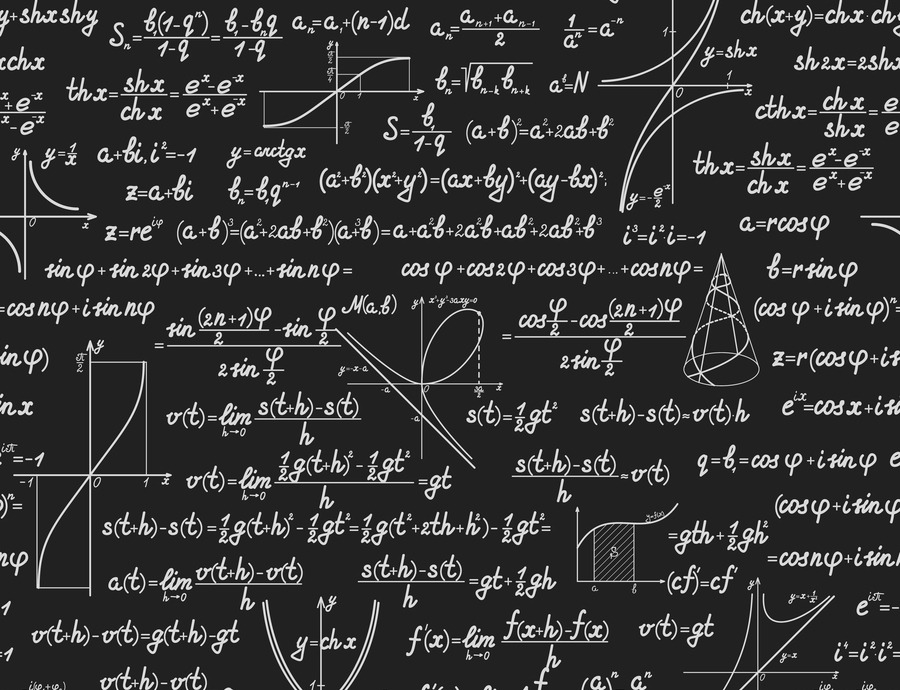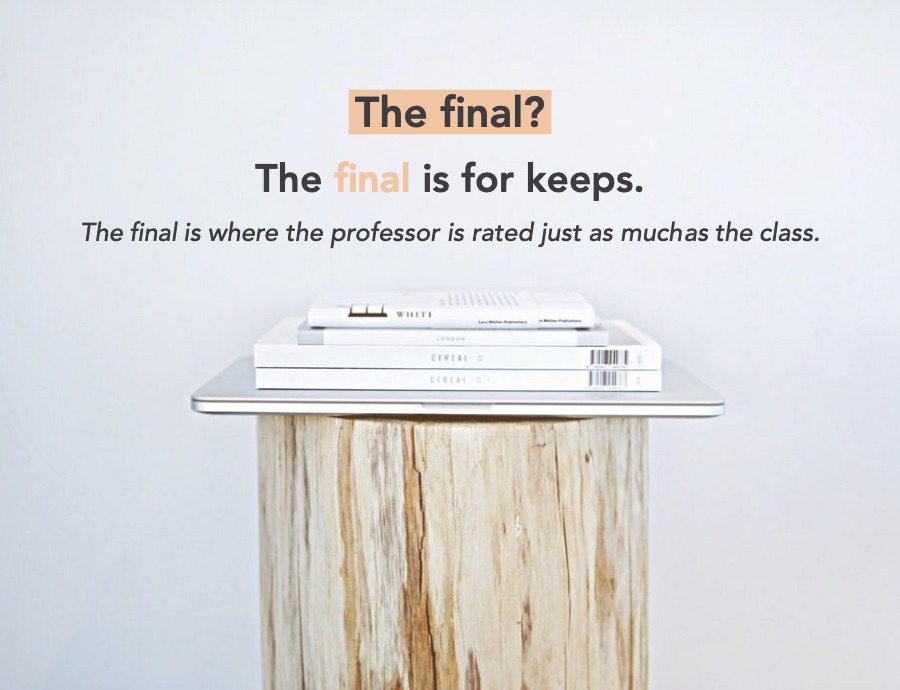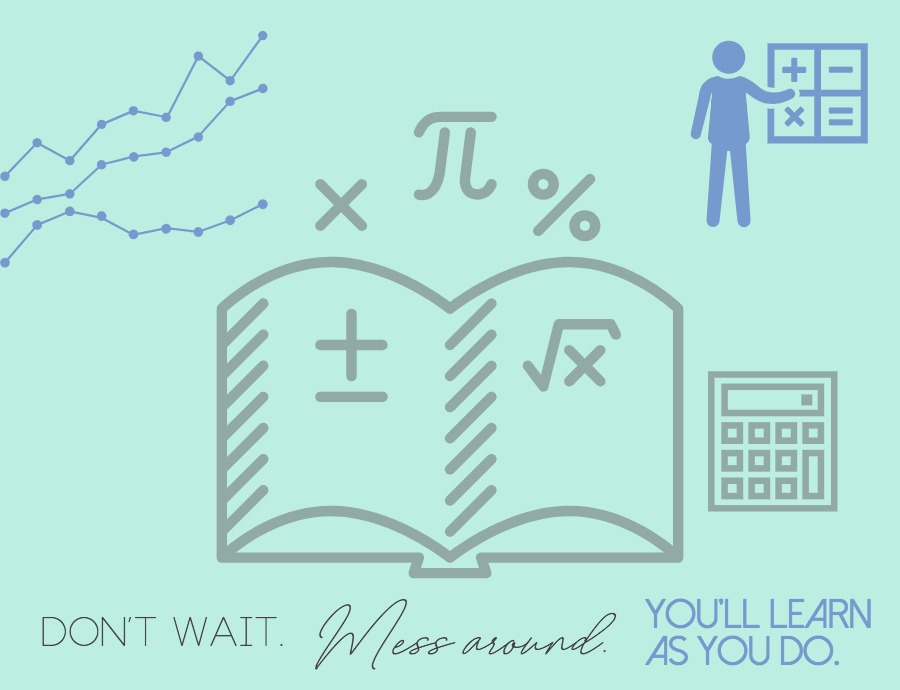Playing with equations isn’t a contradiction, it’s a cunning method of making them easier to deal with in less overall studying time. If that sounds like magic, it’s because it is. Because all magic tricks are smart methods based on good preparation which make someone look incredible at things other people didn’t start thinking about until it happened.
As soon as you see a new equation stop and play with it. Don’t move on to the next paragraph. Don’t read the rest of the chapter. Don’t wait until you get to the example, or the next assignment. Just stop and ask yourself “What happens if I make each of these values bigger or smaller?”
For example, Coulomb’s law for the force between two charged particles.

If either of the charges increases, the size of the force increases. But if the distance between the center of the charges increases, the force drops a lot faster, because that distance is squared. Don’t forget the constants either: if the coulomb constant k increases, then all electrical forces increase. Some courses like to set assignments which mess around with unexpected values. (A common question is setting a problem on the Moon or close to Jupiter, where the acceleration due to gravity g changes.)
Working with words increases understanding instead of memorization. And if you understand something you remember it anyway! Even better, playing with an equation the first time you see it creates a tiny toy model of it inside your head. It’s not much, but it’s working, and the rest of the lecture, or the chapter, or whatever study you’re doing, is now adding extra material to that functioning system instead of becoming a mountain of dead notes you have to dig through later.
Work with this little equation game and by the end of the first lecture you’ll already have the heart of the problems you’ll need to do later, the lecturer’s words adding bones and muscles to make it work for you. Leave all the equation work until the end of the lecture, or worse just before the midterm several weeks after the lecture, and you’re trying to move a rusted and rotted skeleton, all the ideas stiff and seized up from lack of use. And you won’t have the time to truly loosen the lines of math in your head because you’ve got the rest of the course to cover that same night.
Playing with equations saves you so much work.
As soon as you see a new equation stop and play with it. Don’t move on to the next paragraph. Don’t read the rest of the chapter. Don’t wait until you get to the example, or the next assignment. Just stop and ask yourself “What happens if I make each of these values bigger or smaller?”
For example, Coulomb’s law for the force between two charged particles.
If either of the charges increases, the size of the force increases. But if the distance between the center of the charges increases, the force drops a lot faster, because that distance is squared. Don’t forget the constants either: if the coulomb constant k increases, then all electrical forces increase. Some courses like to set assignments which mess around with unexpected values. (A common question is setting a problem on the Moon or close to Jupiter, where the acceleration due to gravity g changes.)
Working with words increases understanding instead of memorization.
Working with words increases understanding instead of memorization. And if you understand something you remember it anyway! Even better, playing with an equation the first time you see it creates a tiny toy model of it inside your head. It’s not much, but it’s working, and the rest of the lecture, or the chapter, or whatever study you’re doing, is now adding extra material to that functioning system instead of becoming a mountain of dead notes you have to dig through later.
Work with this little equation game and by the end of the first lecture you’ll already have the heart of the problems you’ll need to do later, the lecturer’s words adding bones and muscles to make it work for you. Leave all the equation work until the end of the lecture, or worse just before the midterm several weeks after the lecture, and you’re trying to move a rusted and rotted skeleton, all the ideas stiff and seized up from lack of use. And you won’t have the time to truly loosen the lines of math in your head because you’ve got the rest of the course to cover that same night.
Playing with equations saves you so much work.








